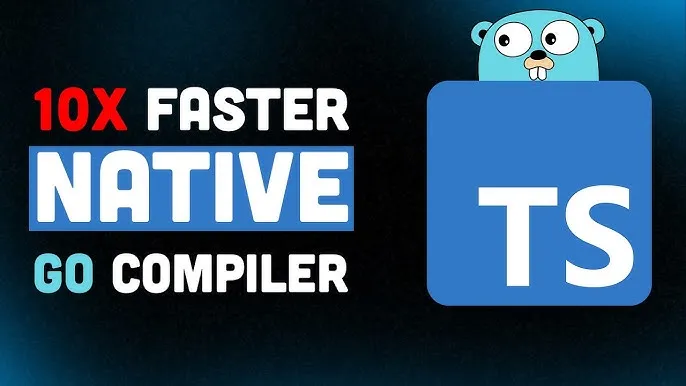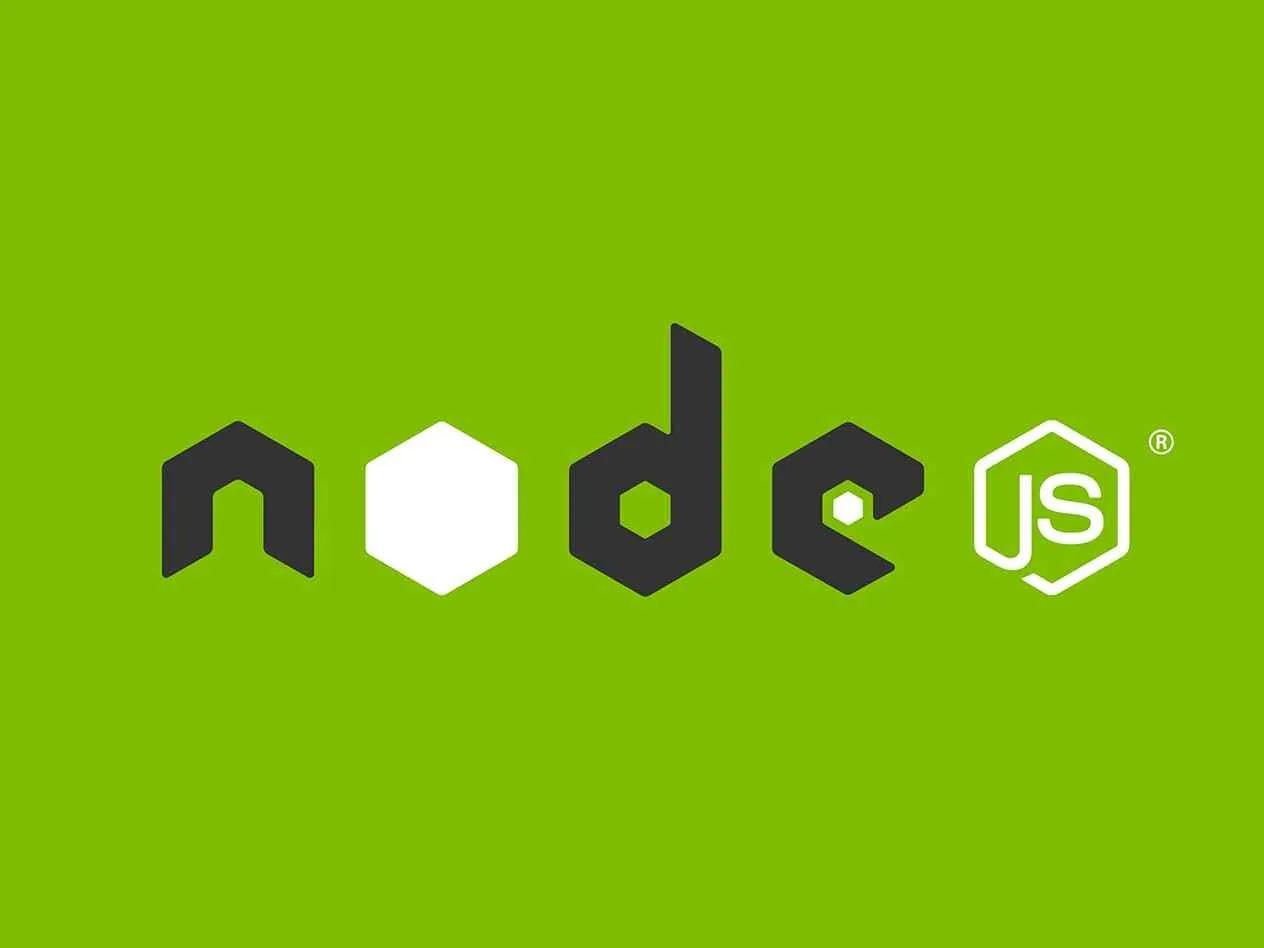On March 14, 2025, the official of TypeScript formally announced the plan to comprehensively rewrite its compiler using the Go language. This decision has sparked widespread attention in the front-end development field. As a strongly typed language widely used by developers globally, the rewriting of the TypeScript compiler will have a profound impact on the front-end development ecosystem.
Comparison of Performance Improvement Data
| Project Name | Number of Lines of Code | Original Compilation Time (seconds) | Compilation Time of the Go Version (seconds) | Performance Improvement Multiple |
|---|---|---|---|---|
| VS Code | 1.5 million | 77.8 | 7.5 | 10.4 |
| Playwright | 356,000 | 11.1 | 1.1 | 10.1 |
| TypeORM | 270,000 | 17.5 | 1.3 | 13.5 |
| date - fns | 104,000 | 6.5 | 0.7 | 9.5 |
As can be seen from the above data, the compilation performance of the Go version of the compiler has been significantly improved compared with the original version in projects of different scales, remarkably shortening the compilation time.
Technical Considerations for Choosing the Go Language
In the community discussion about the language for rewriting the compiler, the Rust language initially received a lot of attention due to its high-performance characteristics. However, the complex learning curve and memory management mechanism of the Rust language have increased the development difficulty. Anders Hejlsberg, the father of TypeScript, clearly stated that the Go language is a better choice, mainly based on the following three points:
- Highly Similar Code Structure: The type systems and symbol checking logics of TypeScript and the Go language share a similarity of up to 90%, which provides great convenience for code transplantation.
- Powerful Multithreading Support: The Goroutine mechanism of the Go language enables parallel processing of the compiler, effectively solving the bottleneck of the single-threaded model of JavaScript in terms of compilation efficiency.
- Efficient Development Mode: Combined with tools such as GitHub Copilot, the development efficiency of the Go language has been further improved, which can significantly accelerate the development process.
Impact and Benefits for Developers
- Substantial Improvement in Compilation Efficiency: When developers execute the
tsccommand and perform webpack packaging, the compilation time will be significantly shortened, greatly improving the development efficiency. - Optimization of Editor Performance: Taking VSCode as an example, the type hinting and auto-completion functions will become smoother, enhancing the development experience.
- Performance Upgrade of Ecological Tools: Building tools based on TypeScript, such as SWC and Rspack, are expected to improve their overall performance with the help of the Go version of the compiler.
Time Planning and Version Release
The TypeScript official plans to launch the beta version of the Go version of the compiler in 2025 and fully roll it out in the official release of TypeScript 7.0. Users do not need to modify their existing code and can enjoy the advantages brought by the performance optimization simply by upgrading the version.
Technical Optimization Highlights of the Go Version of the Compiler
- Concurrent Processing Mechanism: The channel mechanism of the Go language is used to implement intelligent task scheduling, improving the parallel processing ability during the compilation process.
- Memory Management Optimization: The garbage collection mechanism of the Go language is adopted to replace the memory management method of the V8 engine in JavaScript, improving the memory usage efficiency.
- AST Construction Optimization: The construction method of the Abstract Syntax Tree (AST) has been redesigned to optimize the syntax parsing and code generation during the compilation process.
Conclusion and Industry Outlook
The decision of TypeScript to rewrite its compiler in the Go language is an important milestone in the front-end development field, which is expected to reshape the front-end development landscape. This transformation is similar to how Node.js applied JavaScript to back-end development, bringing new performance improvements and efficiency advantages to front-end development. Developers should pay attention to this technological trend, actively learn the Go language, and seize the career development opportunities brought about by this technological transformation.



